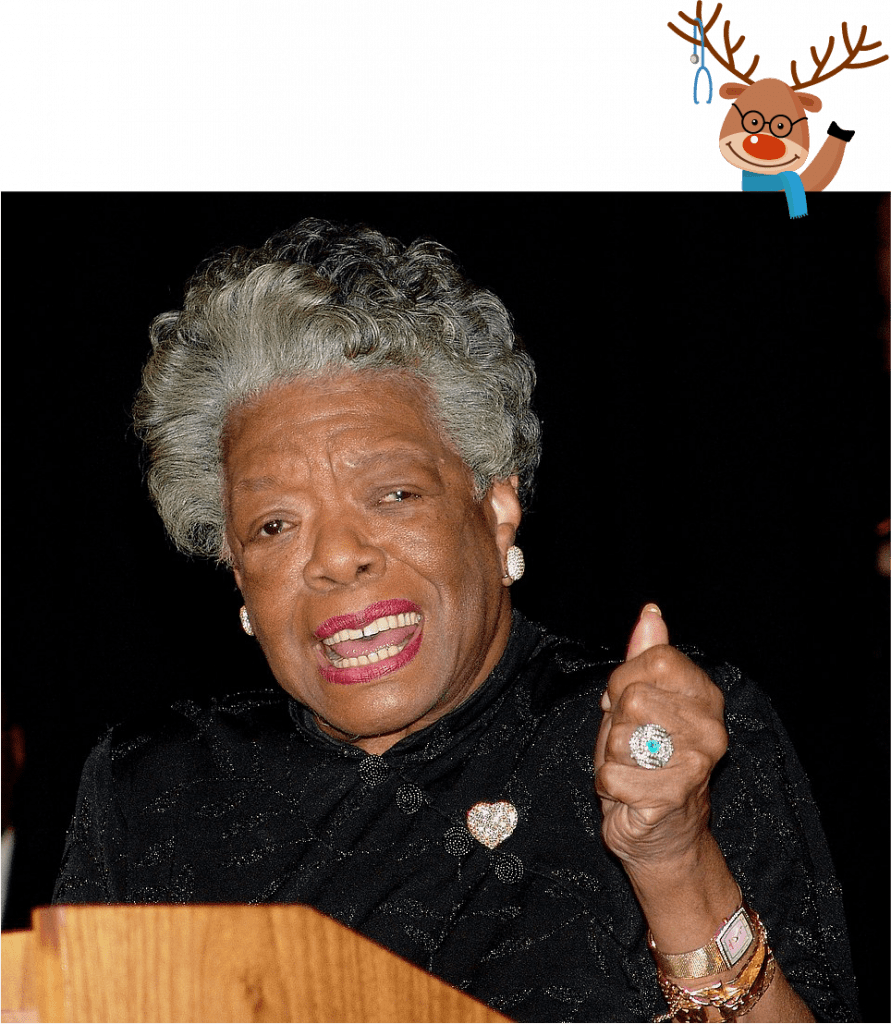You may trod me in the very dirt. But still, like dust, I’ll rise.
I mentioned that I was going to try to discuss topics other than the pandemic on this blog, but as we enter our second ‘lockdown’ of the year in England, I would be pretending to live in an alternate reality if I didn’t reflect on our current situation just a little. The announcement of the new restrictions came into place on 31 October, only a few days before the start of International Stress Awareness Week, which ended on Friday 6 November, the day after the restrictions were implemented. I’m going to go out on a limb here and say I don’t think there’s a single one of us who isn’t acutely aware of stress at the moment, with all of us either directly or indirectly impacted by either the virus and its attendant restrictions. We’re heading into the darkness of winter and the atmosphere feels very different to the first lockdown in March. Compounding all of this, many of the normal stress-relieving outlets – socialising, team sports, gyms – are unavailable to us, and right now it can feel like we are trapped in a positive feedback loop with increasingly limited options for downregulating this stress.
I don’t have easy answers for any of this. How each of us is going to build up what we need to get through the next few months and years is a deeply personal question. But it is a question that absolutely needs asking; it could not be more important, particularly for those of us who are hoping to be doctors in the not-so-distant future. If you are a healthcare student reading this, you are a person who has signed up to reckon with suffering. Sometimes the suffering will be yours; every day in your professional life, you will be privy to the suffering of others. But even when the suffering belongs to someone else, you will have an important part to play. When I think about my place in working with others to confront suffering, I have to question my own understanding of resilience, and consider how practiced I am in the skills that we refer to as ‘resilience’. Have I stored up enough resilience? Can it even be ‘stored up’? And maybe most importantly, when my resilience fails, who will I turn to for help and support?
It is an act of self-care to think about what you need to push back against the forces that will undoubtedly, at some point in both your life and career, make you bend close to your breaking point. Taking time to think about what resilience means to me, and working out who or what I need to cultivate resilience skills within myself, is a lockdown project that is definitely worth pursuing.

P.s. Stoics talk of role models, and there’s no better quality to look for in a role model than a pattern or template for resilience, in my mind at least. One of my favourites is Maya Angelou whose life and work is a celebration of the power of cultivating resilience and thriving. Both the words and presence of this performance of her signature poem Still I Rise is a spine-tingling reminder of the incredible power of hard-won resilience.

Leave a Reply